Computing
What is the Intent of our Computing curriculum?
At Braunton, we believe that Computing education plays an important role in preparing our students for the digital 21st Century-world and equipping them with the necessary skills to thrive in an increasingly technology-driven society. Our aim in Computing is to build students’ confidence when using a range of computer systems and applications.
We seek to give students the opportunity to explore a wide range of applications to prepare them for their future careers or pursuits, whether based on coding or digital arts. We will examine software that may be out of reach to them in their everyday life.
-
Develop students' computational thinking skills by introducing them to abstraction, logic, algorithms, and problem-solving in a structured and engaging manner.
-
Enable students to become competent users of technology, applying digital skills and tools.
-
Inspire and encourage students to explore the wider aspects of Computing, including how technology impacts society, ethics and online safety. We will also cover how the early pioneers of computing have shaped the way we live our lives today.
-
Promote creativity and innovation by providing opportunities for students to develop practical and project-based skills through coding, programming and digital design.
-
Foster a strong foundation for potential future careers in Computing, ensuring students are well-prepared for further education or employment opportunities in related fields, maybe even in jobs that have not been invented yet.
How do we deliver our curriculum?
At KS3 we cover each of the following strands in each year in a spiral curriculum:
-
Computer Science: This strand focuses on developing students' computational thinking and problem-solving abilities. It includes topics such as programming concepts, data representation, networking and systems architecture.
-
Information Technology: Here, students learn to effectively use and exploit digital tools and software. They acquire skills in using productivity software, coding languages and multimedia applications.
-
Digital Literacy: This strand equips students with the essential knowledge and understanding to safely and responsibly navigate the digital world. It covers areas like online safety, digital citizenship, data protection and critical evaluation of online information.
When we return to topics, we embed additional skills and knowledge, employing metacognitive strategies to build on previous learning. Then there are opportunities to learn about different areas of the subject on the broad spectrum that is Computing.
Our teaching approach in Computing is dynamic and innovative, employing a variety of methods to engage and challenge our students. We strive to create a supportive learning environment that encourages collaboration, critical thinking and exploration. We encourage students to develop their thinking, planning and evaluative skills by building “unplugged” time.
Computing is delivered using the 21st Century Trivium model (grammar, dialectic, rhetoric) so that students can watch how a skill is employed before practicing together and then on their own. Opportunities to extend their practice is always given in lesson and at home. This leads to students having to embed skills by tackling problems on their own.
Homework is set once a half-term, and is used to consolidate class-based learning in a creative manner.
At KS4, we offer GCSE Computer Science through OCR, which covers both knowledge and understanding of Computer Systems and the skills and understanding to code complex programs in a high-level programming language. There are 2 papers: Computer systems and Computational thinking, algorithms and programming. We also include a 20 hour NEA, which gives pupils the opportunity to practice coding.
Regular formative and summative assessment provide key opportunities for feedback to inform students of their next steps in learning. There are at least three assessments per year at KS3 and eight opportunities for assessment at KS4.
What is the impact of our curriculum?
What will students learn in Year 7?
In Year 7 the initial teaching topics serve, not only to impart important knowledge and skills but also to build the confidence of students who are potentially entering a computer suite for the first time. The opening topics introduce students to the computing systems we use at Braunton Academy and how we log in, create documents and submit work. The curriculum then seeks to build on this confidence by gently introducing key spiral topics such as programming, spreadsheets, and computing hardware, whilst ensuring students know how to successfully stay safe online. We also look at graphic design and the law around copyright.
What will students learn in Year 8?
Year 8 sees students' level up their knowledge of the spine of the curriculum by enhancing their skills and knowledge of programming and computer hardware, and then layering on new opportunities to explore how data is magically sent between computers around the world, how image and sound are digitally created and edited. In programming, we will create images in turtle and use Micro:bit for physical programming, creating programs that can be used in real-world situations.
What will students learn in Year 9?
As the curriculum builds towards students carrying on with Computer Science at KS4, curriculum spirals round again and develops the key skills of computer hardware and programming, there is further computer science content delivered in the form of the threats and protection of networks, and the worldwide impact of computing. Students also have the opportunity to flex their creative muscles once again with Photoshop to design a fit for purpose artifact.
The final year is designed so that students can make an informed decision about the content and demand of the Computer Science.
GCSE Course
OCR Computer Science (9-1) - J277
The qualification covers 2 components, each worth 50% of the final grade.
Component 01: Computer systems
Introduces students to the central processing unit (CPU), computer memory and storage, data representation, wired and wireless networks, network topologies, system security and system software. It also looks at ethical, legal, cultural and environmental concerns associated with computer science.
Component 02: Computational thinking, algorithms and programming
Students apply knowledge and understanding gained in component 01. They develop skills and understanding in computational thinking: algorithms, programming techniques, producing robust programs, computational logic and translators.
There is also a Practical programming element (Non-Examined Assessment- NEA):
Students are to be given the opportunity to undertake a programming task(s) during their course of study which allows them to develop their skills to design, write, test and refine programs using a high-level programming language. Students will be assessed on these skills during the written examinations, in particular component 02 (section B). The practical NEA does not count toward the final grade.
We deliver content for both units over Year 10 and the first term of year 11, so that we can build in revision tasks for success in the second half of Year 11 to provide robust preparation.
Homework and Independent Learning
At KS3 Homework is set once a half-term, and is used to consolidate class-based learning in a creative manner.
At KS4, homework is set weekly and is either used for preparing an upcoming topic, as an assessment for a topic or to reinforce learning. There are also some exam practice tasks.
Extra-curricular and Enrichment Opportunities
Assemblies, workshops and visits to local post 16 providers to find out about post 16 opportunities in Computing.
Within the Personal Development and Careers programme, students will explore curriculum pathways to university courses and future careers.
They will also receive and investigate Information, Advice and Guidance on future pathways including Apprenticeships, post 16 opportunities including T levels and training providers.
Students can also develop their understanding and future career pathways in Computing as part of the Academy Work Experience programme.
Useful links


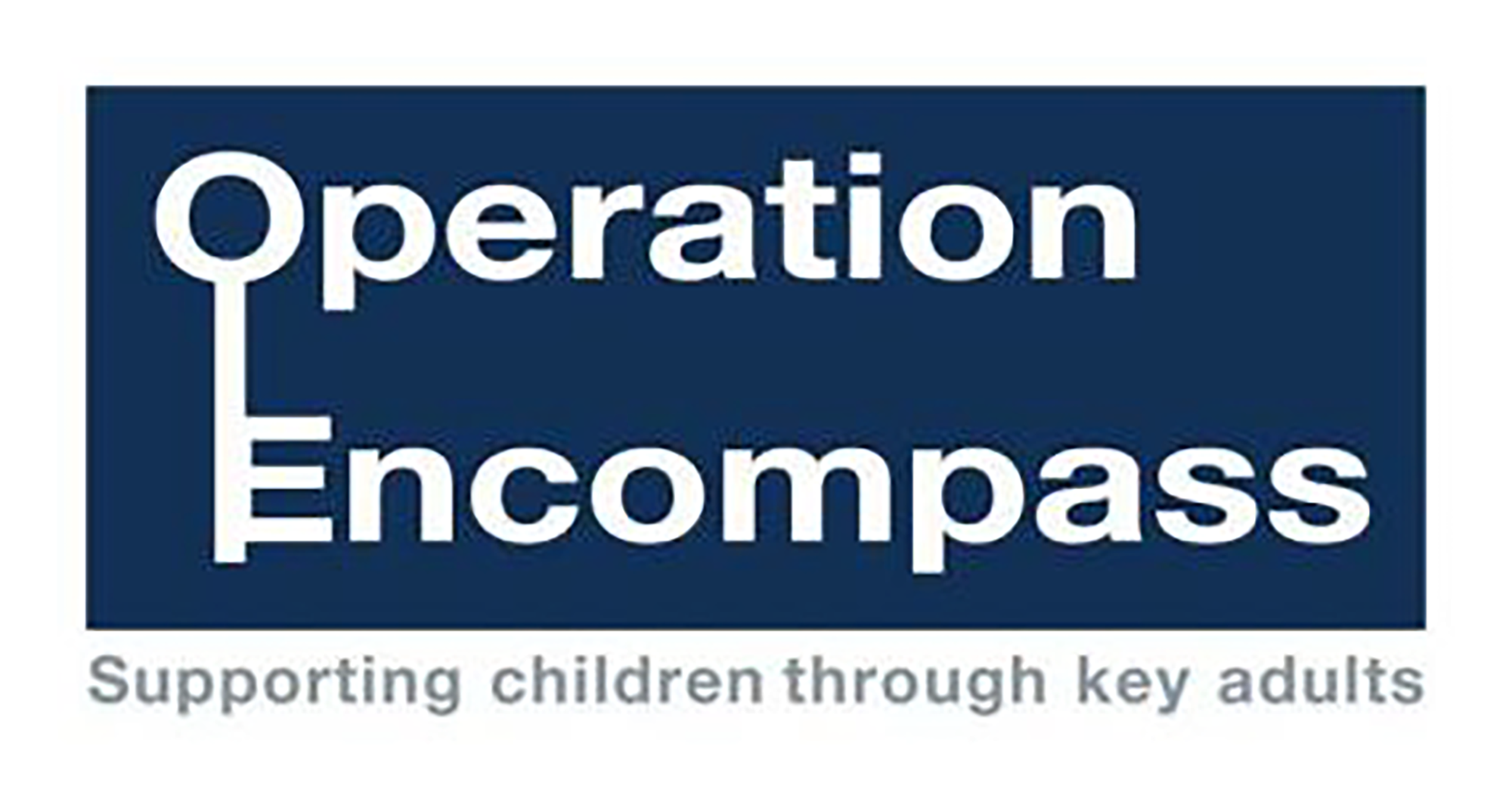 encompass
encompass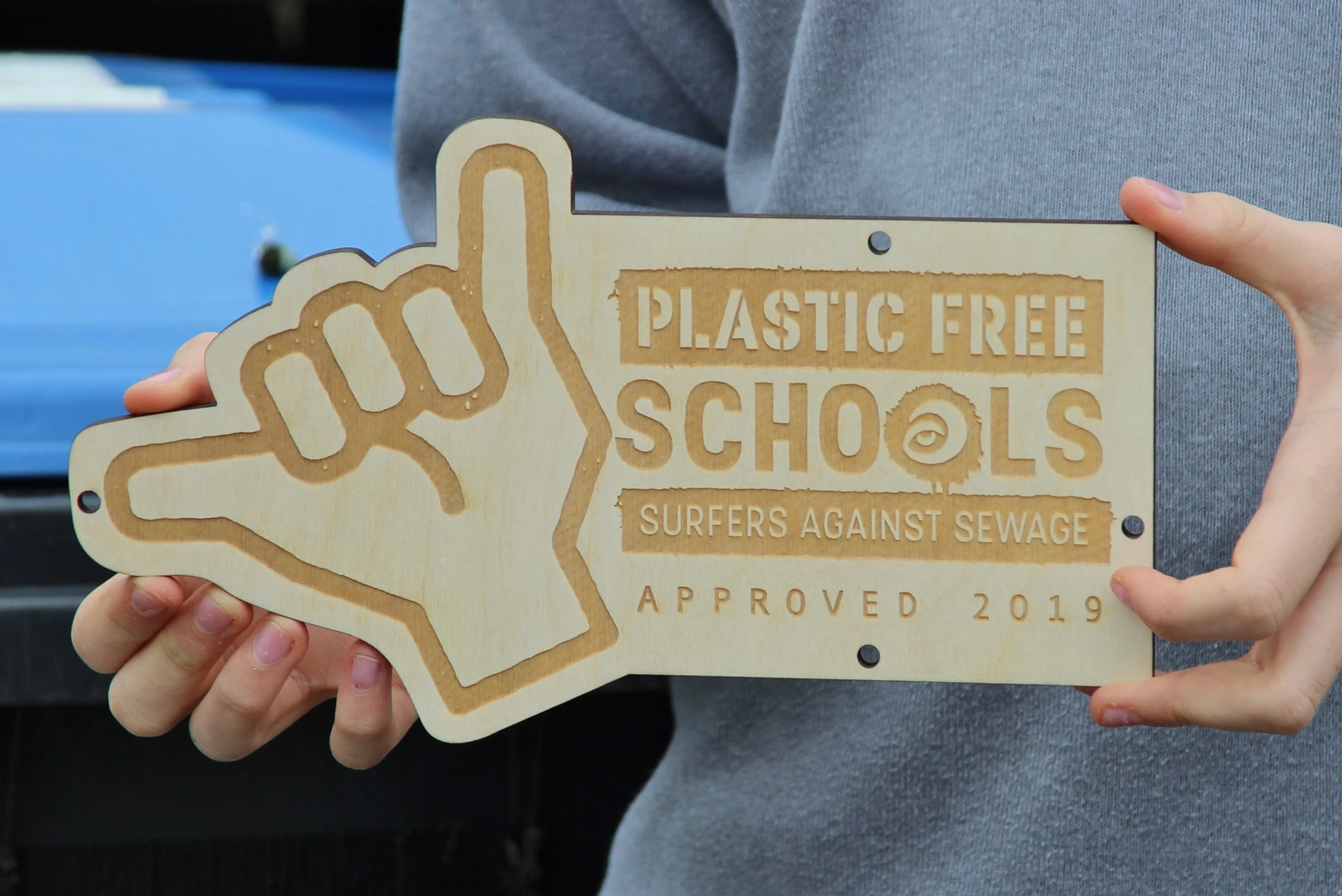 plastic free schools
plastic free schools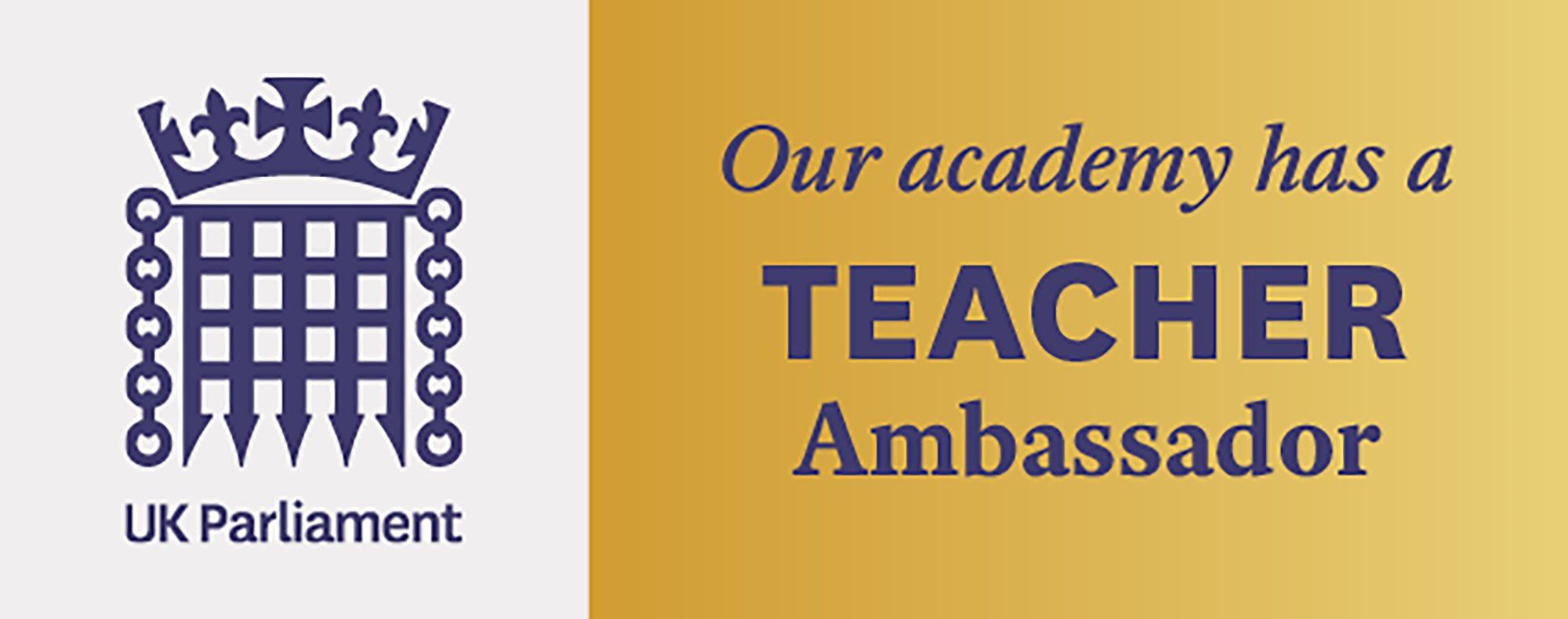 Teacher ambassador
Teacher ambassador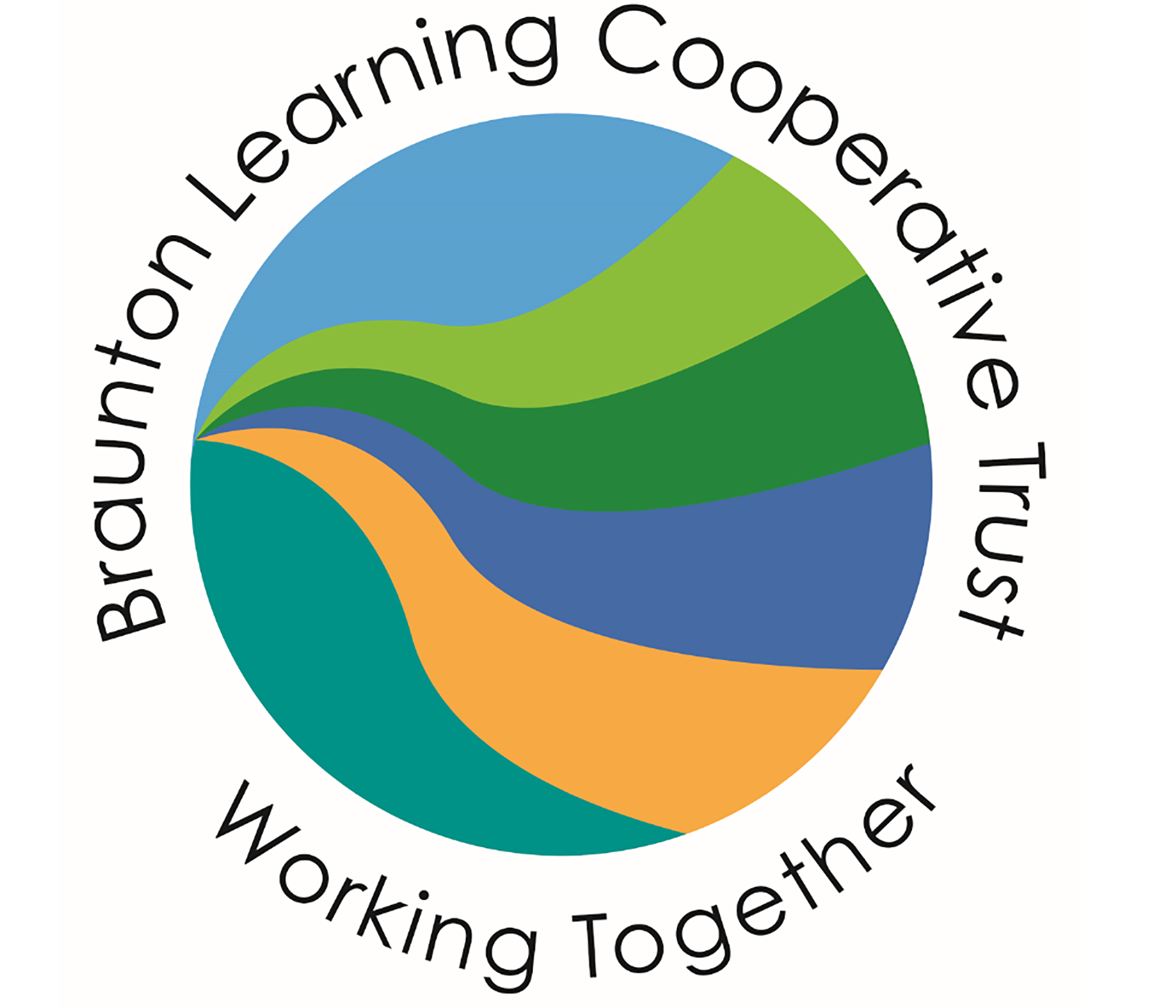 Learning cooperative trust
Learning cooperative trust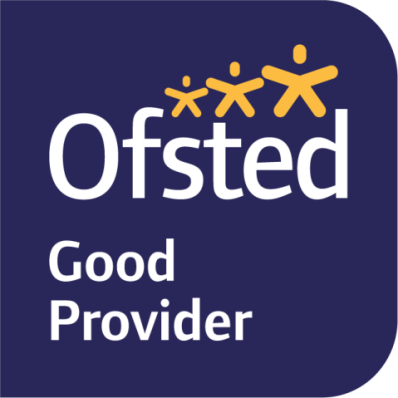 Ofsted logo
Ofsted logo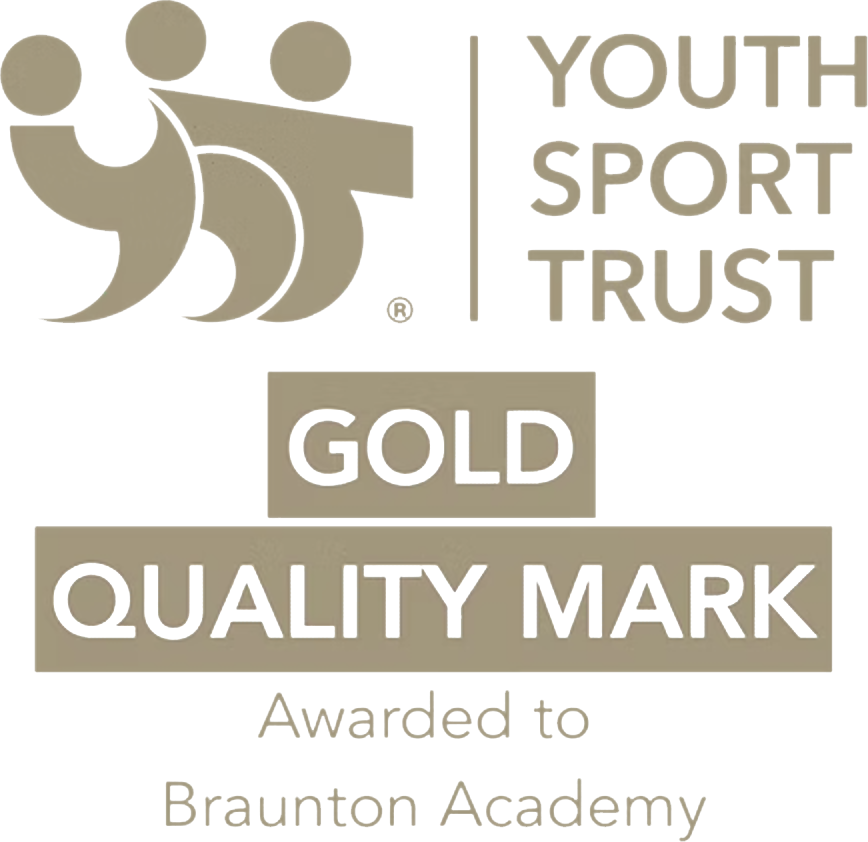 Youth Sport
Youth Sport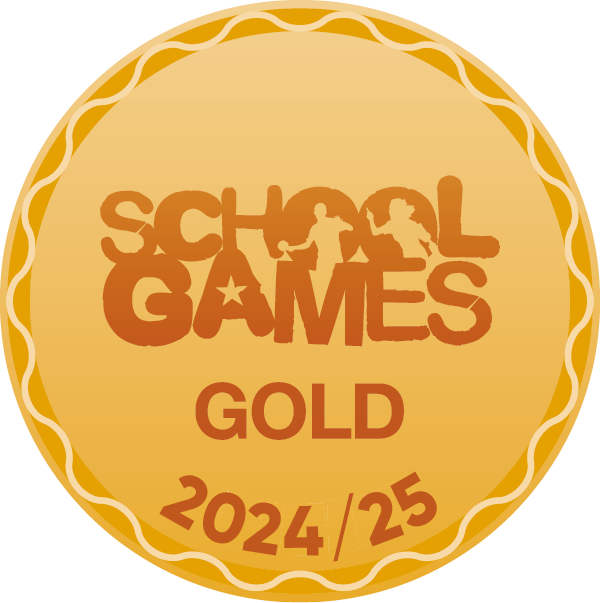 School Games Gold Award
School Games Gold Award